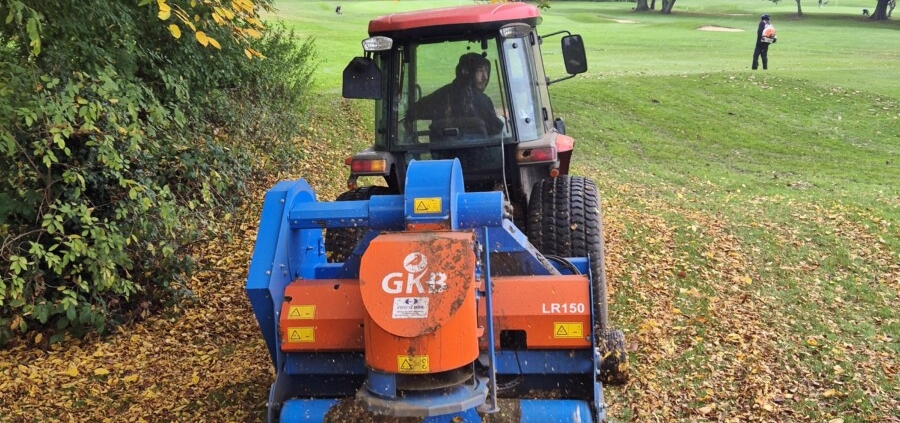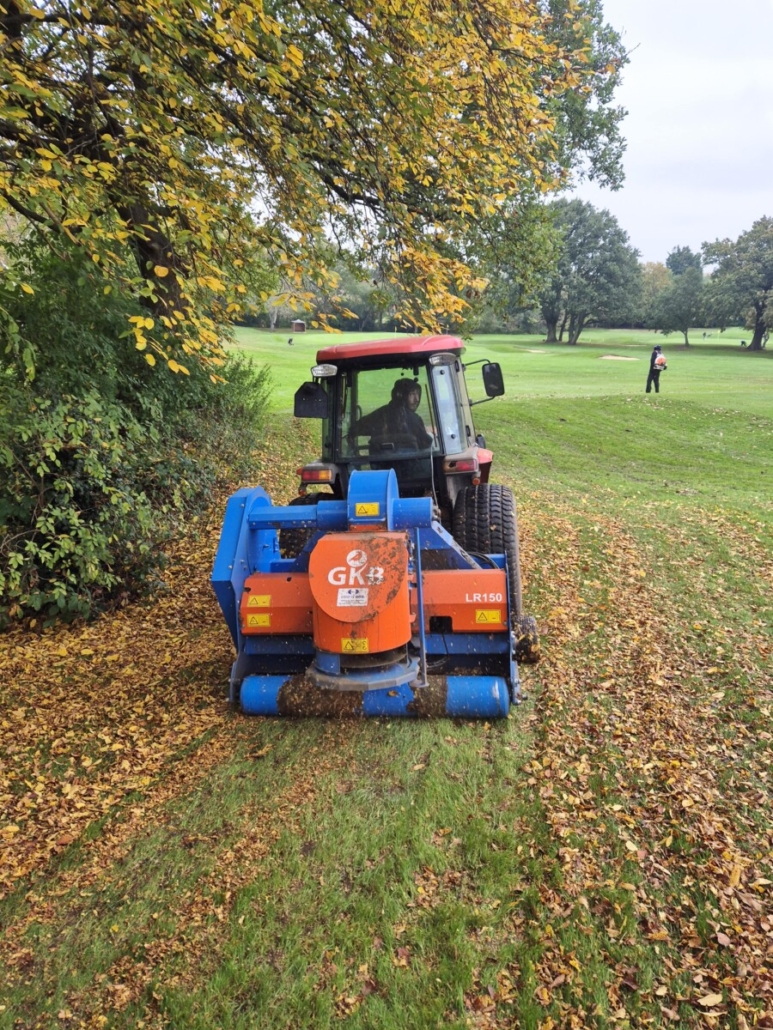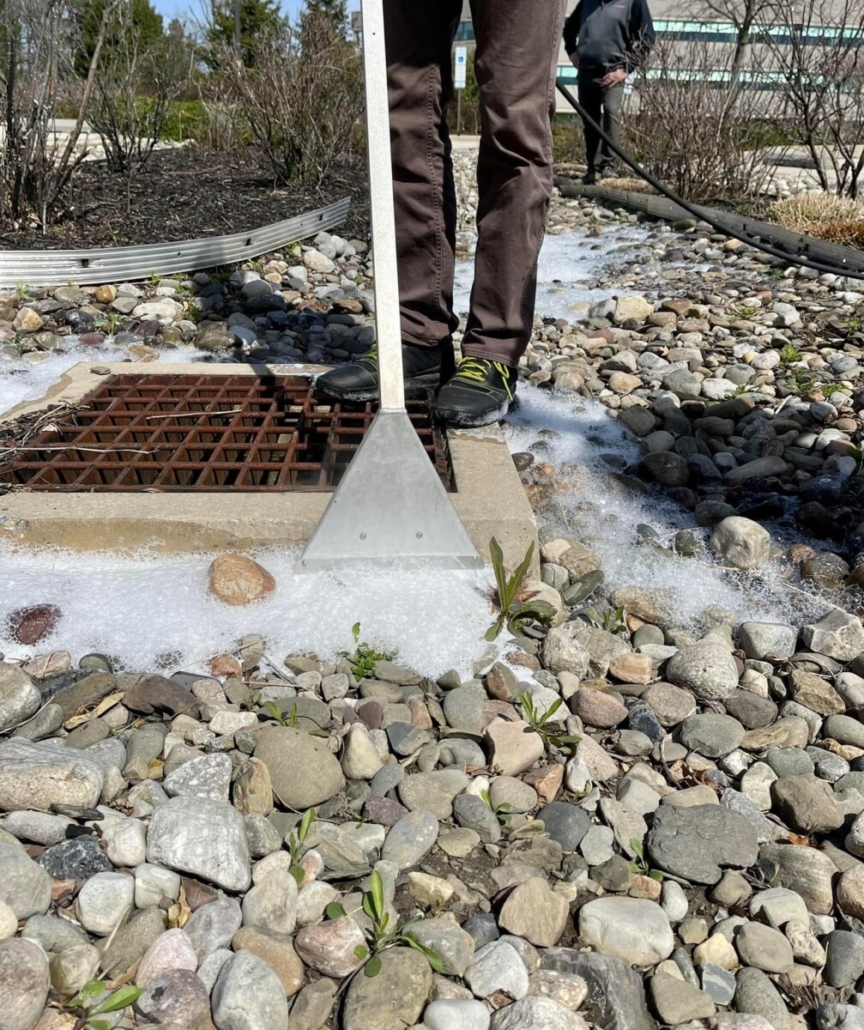Problem pool saved by Otterbine
Problem pool saved by Otterbine: Otterbine’s Fractional aerating fountain has transformed what was once a problem pool at Derwen Mill Holiday Park in Powys, Wales.
Owner Richard Jones explains how the five-star family-owned park prides itself on creating a peaceful, tranquil escape with its privately-owned holiday homes set on spacious pitches, wrapped around lakes and pools, or overlooking large greens spaces.

Problem pool saved by Otterbine
It therefore stands to reason that its pool experiencing problems urgently needed a reliable and effective water solution.
Richard says: “We’ve got four thriving pools but the fifth really struggles due to its location at the lowest point on the park. It suffers with Canadian pond weed and floating algae and it’s difficult to maintain. We often joke about how it just doesn’t like being a pond!”
The park has had an Otterbine fountain in the past and it met expectations, therefore, there was “no reason not to get another” Richard says.
Richard researched the best options and found the Fractional met his criteria. This was an opinion shared by Matt Gilks from MG Turf who Richard contacted to supply the product.
The Fractional is an all-in-one fountain and circulator meaning it introduces oxygen into the water column for the most natural solution to water quality management, effectively controlling algae and aquatic weeds while creating impressive displays.
With decade of experience in all areas of irrigation installation, construction, supply and support, MG Turf was well placed to support the project from all angles. Richard says: “It’s been a great experience working with Matt Gilks from MG Turf. He didn’t just help with recommending and supplying the Otterbine aerator, he helped us with a working management plan too, so I feel confident we have a long-lasting, sustainable solution in place.”
Matt comments: “Richard was keen to see a unit installed in the lake to make it a feature as much as giving it working purpose. Otterbine was a great solution for this. It was a pleasure to deal with Richard – we communicated about getting on site and arranged to install the unit over a bank holiday.”
Now, what was a struggling pool earns its place at the exclusive park: “The results speak for themselves,” confirms Richard.
To learn more about how the Otterbine range of aerators and fountains can tackle water quality issues, contact Reesink on 01480 226800 or visit reesink-hydroscapes.co.uk.
For the latest industry news visit turfmatters.co.uk/news
Get all of the big headlines, pictures, opinions and videos on stories that matter to you.
Follow us on Twitter and Instagram for fun, fresh and engaging content.
You can also find us on Facebook for more of your must-see news, features, videos and pictures from Turf Matters.

















